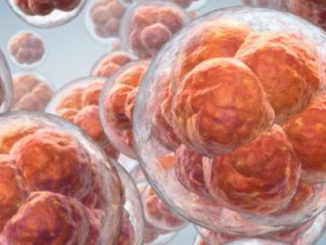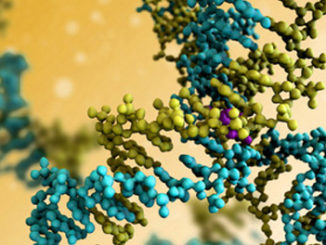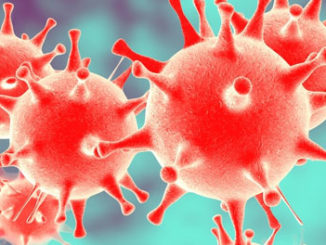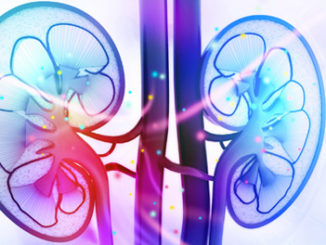Could Stressed Fathers Epigenetically Give their Children High Blood Sugar?
What if stress experienced by fathers could actually be passed down epigenetically to their children, who then experience its effects later in life? Previous research has hinted that, in mice, trauma experienced by a father leaves epigenetic marks on his sperm RNA, which is inherited by his offspring who later express the same depressive behaviors as their dad. Also, another study that investigated the devastating Quebec Ice Storm of 1998 has suggested that prenatal maternal stress could trigger distinct DNA [more…]










